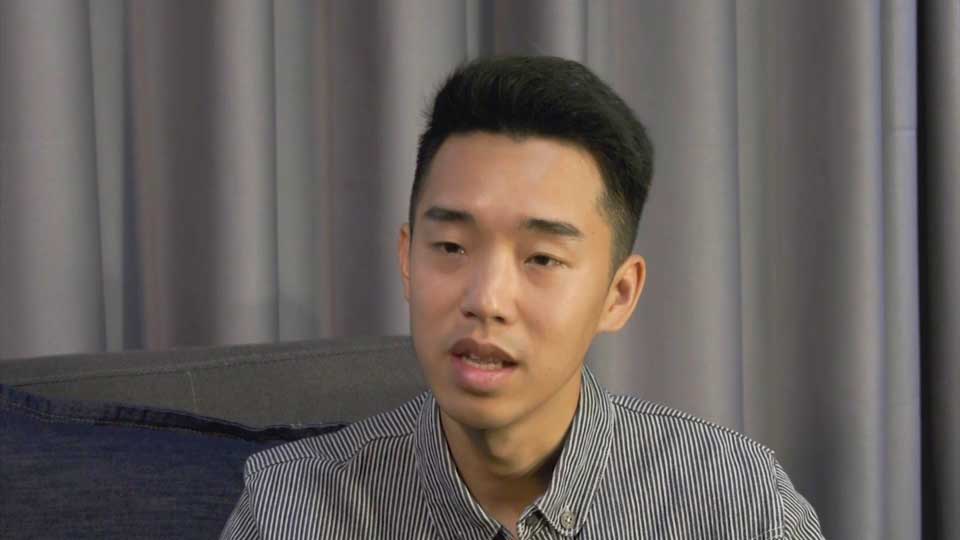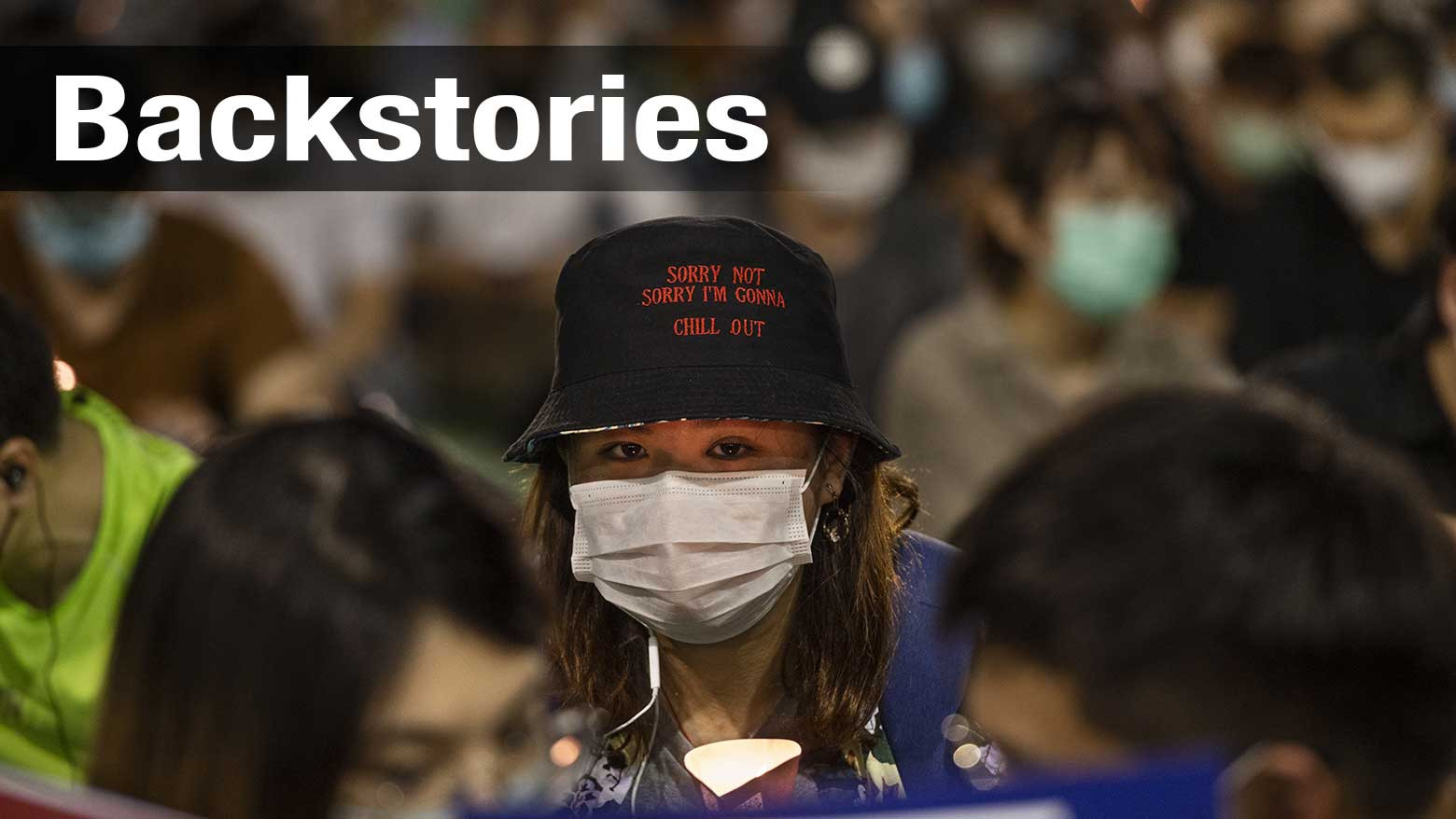Hong Kongers are on high alert because the legislation will allow China to formulate laws and apply them without any consent from Hong Kong. The laws of mainland China have not applied to Hong Kong, which has a high level of autonomy under the "one country two systems" principle. However, Beijing can introduce laws in exceptional circumstances if they are added as an appendix to the Basic Law, which is Hong Kong's de facto constitution. The legislation comes under this category. It would allow China to determine both crimes and punishment.
Hong Kong Chief Executive Carrie Lam has repeatedly emphasized that the legislation will affect only a small fraction of people, and that most Hong Kong citizens will be not be affected. But very few Hong Kongers believe her.
Twenty-six-year-old Jason Siu has been participating in protests every week since last year.
"I didn't expect to keep protesting for this long, but if we stop raising our voices, they'll be suppressed even more," he says. "There's no way I'm going to stop fighting. I am prepared to be arrested and thrown in jail."
Hong Kong Independence is now a popular rallying cry in protests. People who had previously tiptoed around independence are no longer staying under cover.

The Hong Kong police, however, have started enforcing rigid controls over protest activities, as if the national security legislation were already in effect. Armed police are making the rounds of the city. They have been arresting hundreds of people at a time for holding illegal gatherings.
Twenty-six-year-old Aurman Yick runs an advertising agency. Last November, he was arrested at a protest at Hong Kong Polytechnic University where police and young people clashed violently. Yick was released on bail, but he must report weekly on his whereabouts to the police, and he isn't allowed to travel abroad for work. He has decided not to participate in protests for the time being, so that he'll have a clean record when his trial date arrives.
"I don't regret protesting, but my life has been derailed," Yick says. "It's even scarier to think about the future of Hong Kong under the national security legislation. Hong Kong has been pushed into a corner."

In Hong Kong, voices of protest are being silenced with overwhelming force. Many Hong Kongers agree that the city they once knew will likely never be the same. Many are planning to move to Taiwan or Europe.

